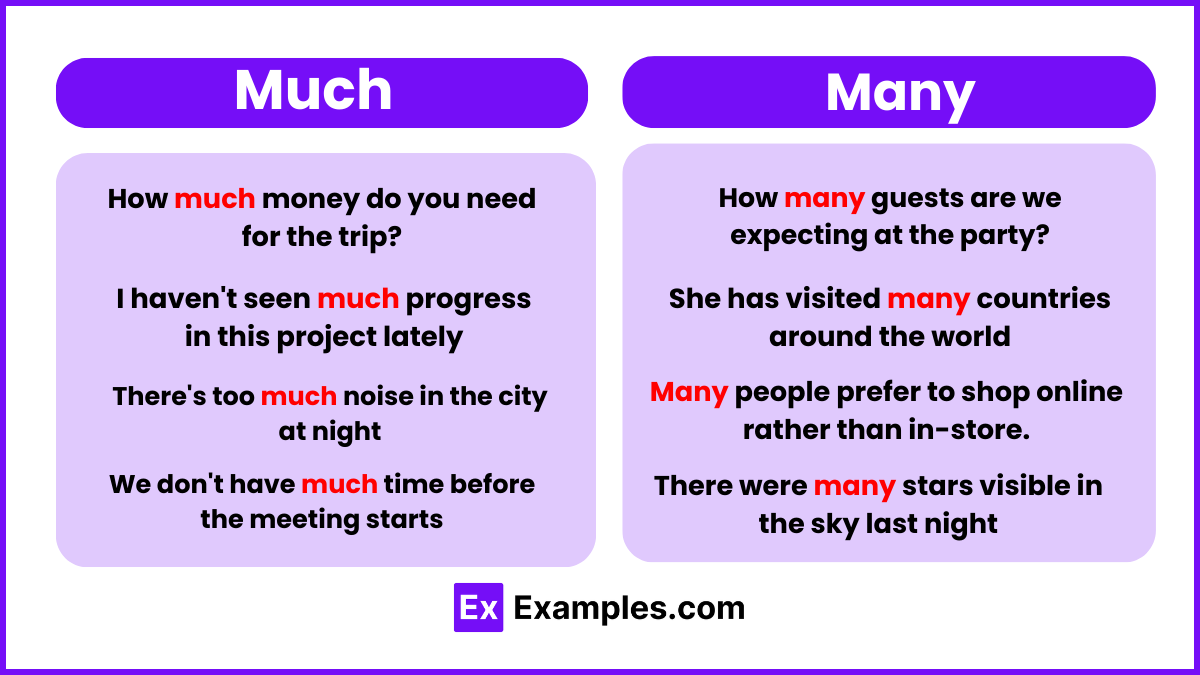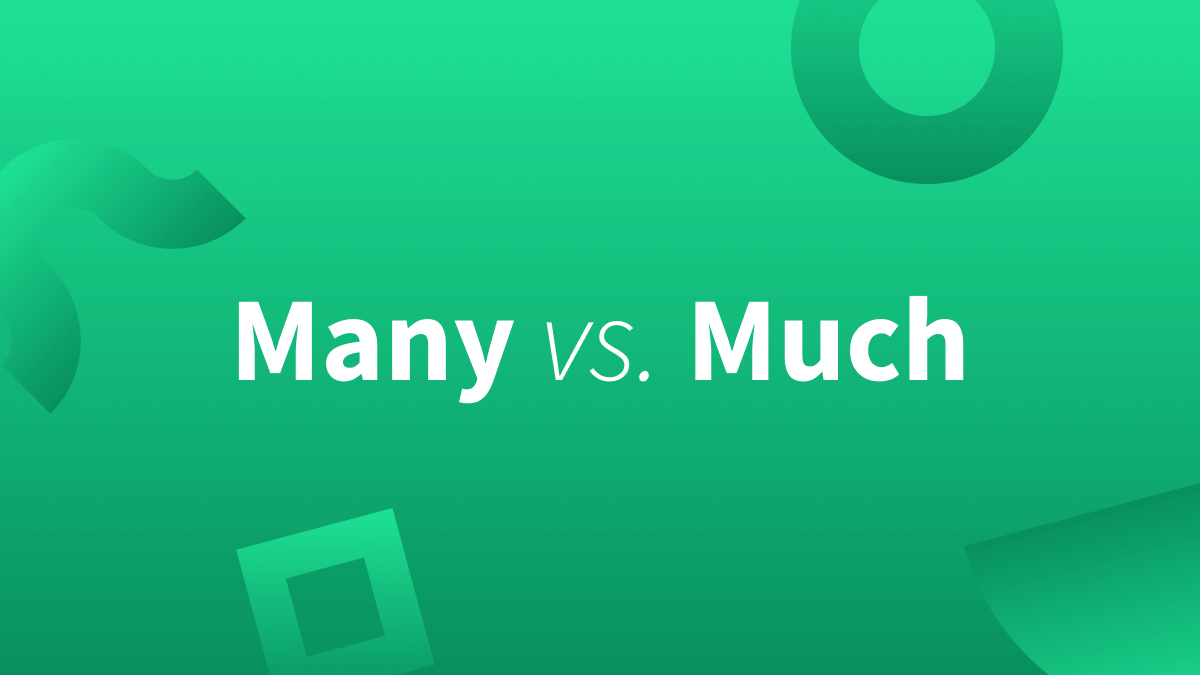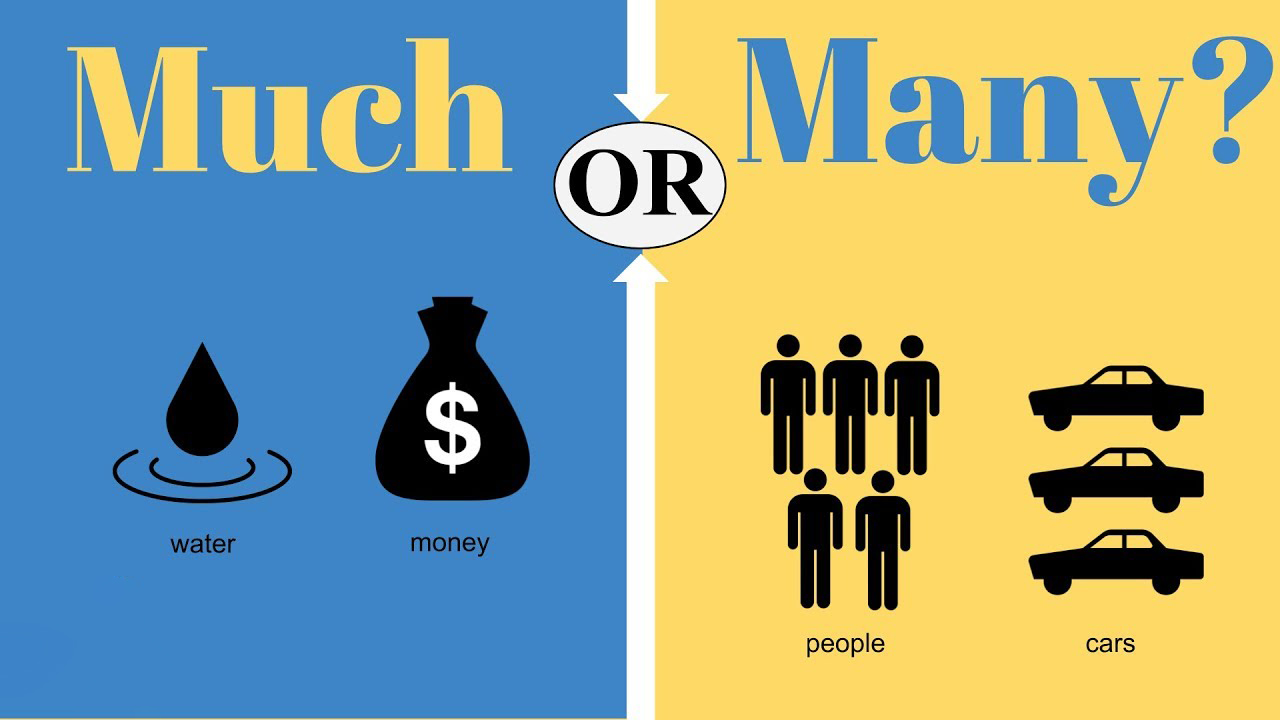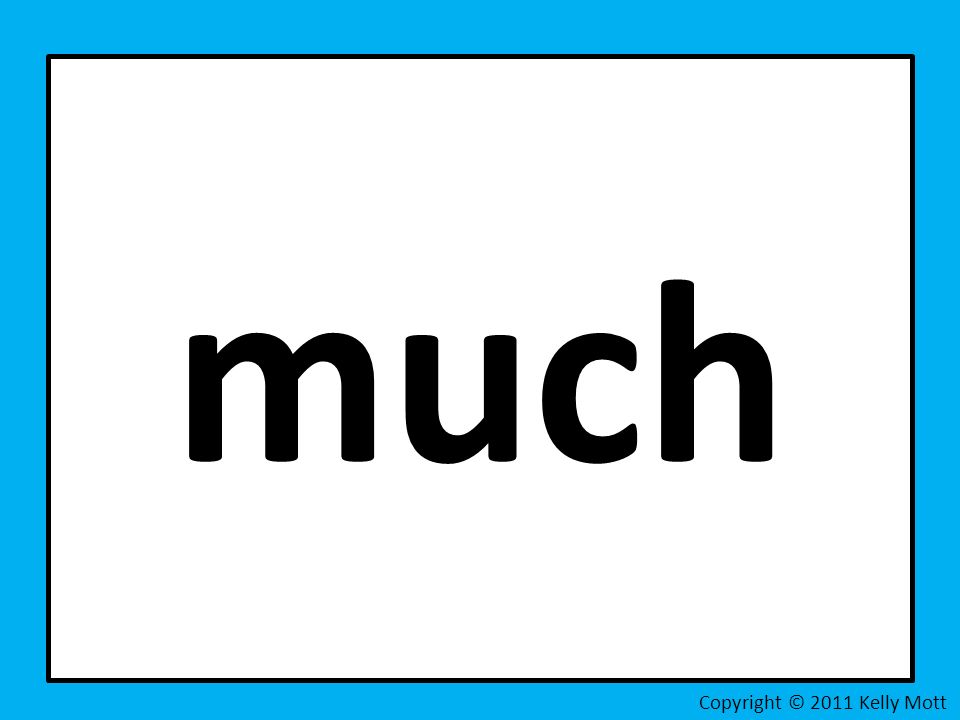Types of Trusts: How Much Does It Cost To Set Up A Trust

Trusts offer various structures, each tailored to specific needs and objectives. Understanding the different types and their associated costs is crucial for making informed decisions. Choosing the right trust type depends on factors such as the grantor’s goals, the assets involved, and the desired level of control and protection.
Different Types of Trusts
Different types of trusts cater to various needs and circumstances. Understanding these differences is key to selecting the appropriate trust for your specific goals. This section details the common types of trusts and their distinguishing characteristics.
- Revocable Living Trust: This trust allows the grantor to modify or revoke the terms of the trust during their lifetime. This flexibility often makes it a popular choice for estate planning, enabling adjustments as circumstances evolve. The cost implications typically involve legal fees for drafting the trust document, as well as any ongoing administrative expenses. The level of ongoing management and record keeping is usually lower compared to irrevocable trusts.
- Irrevocable Living Trust: This trust type cannot be altered or canceled once established. It provides greater asset protection and can offer tax advantages in specific situations. Setup costs for irrevocable trusts are usually higher due to the more complex legal processes required to ensure the trust’s permanence. These trusts often require more ongoing administrative attention, which can increase associated expenses.
- Charitable Trust: This type of trust is established to benefit a charitable organization or cause. The grantor may retain some level of control, or the trust may be structured for complete charitable benefit. Setup costs are generally higher due to the specific legal requirements and potential tax implications. The primary goal of this trust type is philanthropic giving.
Cost Implications of Different Trust Types
The setup costs for trusts vary significantly depending on several factors. Factors such as the complexity of the trust structure, the number of assets involved, and the expertise of the legal professionals involved all impact the overall cost.
| Trust Type | Typical Setup Costs | Factors Influencing Costs |
|---|---|---|
| Revocable Living Trust | Typically ranging from a few hundred to several thousand dollars. The specific cost depends on factors such as the complexity of assets, the lawyer’s hourly rate, and the time required for drafting and reviewing the trust document. | Complexity of assets, attorney’s hourly rate, time spent drafting and reviewing the trust document, location of legal services. |
| Irrevocable Trust | Typically ranging from several thousand to tens of thousands of dollars. This higher cost reflects the greater legal complexity involved in creating a trust that cannot be altered. | Complexity of assets, attorney’s hourly rate, time spent drafting and reviewing the trust document, location of legal services, due diligence required to ensure permanence. |
| Charitable Trust | Generally higher than revocable or irrevocable trusts. It depends on the size of the donation, the complexity of the trust, and the tax implications involved. | Size of the donation, complexity of the trust structure, tax implications, professional fees related to charity oversight. |
Factors Affecting Trust Setup Costs

Setting up a trust involves various considerations, and the cost is influenced by several key factors. Understanding these elements is crucial for prospective trust creators to make informed decisions about their financial planning. Factors such as the complexity of the trust document, legal counsel, and trustee fees all contribute to the overall expense.
Complexity of Trust Documents
The complexity of the trust document significantly impacts the cost. A simple trust, outlining basic provisions for asset transfer, requires less time and expertise than a complex trust that addresses intricate stipulations, multiple beneficiaries, or special needs. More complex trust documents typically include detailed provisions regarding distributions, trustee powers, and potential disputes, necessitating more time and effort from legal professionals. For instance, a trust that designates specific assets to particular beneficiaries with complex conditions will generally cost more than a straightforward trust that simply transfers assets to a single beneficiary. This difference in complexity directly affects the attorney’s time commitment and the level of legal expertise required, thereby influencing the overall cost.
Role of Legal Counsel
Legal counsel plays a critical role in the trust setup process. Attorneys provide crucial expertise in drafting legally sound documents, ensuring compliance with relevant laws and regulations, and minimizing potential future disputes. The experience and expertise of the attorney significantly impact the cost. A highly specialized estate attorney with extensive experience in trust law will generally charge higher fees than a general practitioner. The cost also depends on the attorney’s hourly rate, the time required for reviewing the trust terms, and the extent of their involvement. Furthermore, the attorney’s expertise and the trust’s complexity directly influence the level of legal services required and the subsequent cost. For example, a trust with complex tax implications or intricate beneficiary designations will require more legal support, leading to higher costs.
Trustee Fees
Trustees are responsible for managing trust assets and distributing them according to the trust’s provisions. The trustee’s fees, often a percentage of the assets under management or an hourly rate, can vary considerably. Professional trustees, such as banks or trust companies, usually charge higher fees compared to individual trustees, due to their extensive resources and infrastructure. The level of service provided by the trustee also influences the cost. If the trustee requires significant involvement in managing complex investment strategies or resolving disputes, the fees will likely be higher. An example is a trust with a large portfolio of investments demanding frequent rebalancing, which might necessitate higher trustee fees.
DIY Trust Setup vs. Professional Setup, How much does it cost to set up a trust
Setting up a trust yourself, a DIY approach, can potentially save costs. However, it carries significant risks. Mistakes in the trust document can lead to legal challenges and financial complications for beneficiaries. Professional trust setup by qualified legal professionals provides a legally sound document, minimizing the risk of future issues and ensuring compliance with applicable laws. DIY trust setups often lack the necessary legal expertise, leading to higher potential costs in the long run due to the need for corrections or potential disputes. In contrast, professional setups, while potentially more expensive initially, often result in lower overall costs by preventing future issues.
Table of Factors Affecting Trust Setup Costs
| Factor | Impact on Cost | Example Scenarios |
|---|---|---|
| Complexity of Trust | Higher complexity leads to increased costs due to the greater time commitment required from legal professionals. | A trust with multiple beneficiaries and complex distribution conditions will cost more than a simple trust with a single beneficiary. |
| Legal Counsel | The experience and expertise of the attorney influence the cost. | A specialized estate attorney will generally charge higher fees than a general practitioner. |
| Trustee Fees | Trustee fees vary based on the level of service provided and the size of the trust assets. | Professional trustees charge higher fees than individual trustees, particularly for complex investment management. |
Professional Services and Costs

Setting up a trust often involves engaging professional services, primarily estate planning attorneys. Understanding the associated costs is crucial for informed decision-making. These costs vary based on several factors, and a comprehensive approach to budgeting is essential.
Professional expertise is vital in navigating the complexities of trust creation and administration. Attorneys specializing in estate planning possess the knowledge and experience to ensure the trust aligns with your objectives and complies with legal requirements.
Estate Planning Attorney Fees
Estate planning attorneys typically charge fees based on an hourly rate, a flat fee, or a contingency fee. Hourly rates can vary significantly depending on the attorney’s experience, location, and reputation. Flat fees are often quoted for straightforward trust setups, while contingency fees are less common in this context.
- Hourly Rate: This is the most common method, where the attorney’s time is meticulously tracked and billed. Factors influencing the hourly rate include experience, specialization, and location. For instance, a seasoned attorney in a major metropolitan area might charge significantly more than a newer attorney in a smaller town. An initial consultation usually costs less than an hour’s worth of billable time, providing a glimpse into the attorney’s expertise and the potential cost of further services.
- Flat Fee: A predetermined price for a defined service, such as creating a simple trust document. This can be more predictable than hourly rates, making it appealing for straightforward situations. However, if the trust is complex or requires extensive revisions, a flat fee might not fully cover the required work.
- Contingency Fee: Less common in trust setups, as it’s typically tied to achieving a specific outcome (e.g., in legal disputes). It’s not suitable for most trust creation processes.
Trust Administrator Fees
Trust administrators manage the trust’s assets and ensure distributions are made according to the trust’s terms. Their fees can vary significantly depending on the complexity of the trust, the amount of assets under management, and the frequency of their involvement. Trust administrators may charge a percentage of the assets under management annually or a fee per transaction. This fee structure protects the administrator’s time and effort in maintaining the trust.
- Percentage of Assets: Common for large trusts with significant assets. The percentage can vary, but it is often a small percentage (e.g., 0.5% to 1.5% annually) of the total assets managed. The specific percentage will be detailed in the administrator’s contract.
- Per Transaction Fees: Some administrators charge fees for specific tasks, such as asset transfers or distributions. This fee structure can be more appropriate for trusts with limited or occasional activity.
Trust Document Preparation Costs
The cost of preparing trust documents is influenced by the complexity of the trust, the presence of special provisions, and the required legal review. Simple trusts typically have straightforward documents, while complex trusts with numerous beneficiaries or intricate stipulations may need extensive legal documentation. A well-structured trust document prevents misunderstandings and future legal conflicts.
Comparison of Law Firm Fees
Different law firms may have varying fee structures for trust services. Factors like experience, location, and firm size can influence pricing. Comparing quotes from several firms is prudent to identify the best fit for your needs. Consider factors beyond price, such as the firm’s reputation, responsiveness, and communication style.
Typical Legal Fees
| Service | Typical Fee Range | Factors Affecting Fees |
|---|---|---|
| Initial Consultation | $150 – $500 | Complexity of the issue, attorney’s experience, location |
| Trust Document Preparation | $500 – $5000+ | Complexity of the trust, special provisions, required legal review |
| Estate Planning Review | $250 – $1000+ | Complexity of the estate plan, review of existing documents |
Document Preparation and Costs

Setting up a trust involves meticulous preparation of legal documents. These documents define the terms of the trust, outlining the trustee’s responsibilities, the beneficiaries’ rights, and the assets held within the trust. Accurate and comprehensive documentation is crucial for the trust’s validity and smooth operation.
Document Creation Process
The process of creating trust documents typically involves several steps. First, the trust grantor, or the person establishing the trust, provides detailed information about their intentions and desired structure to the legal professional. This information forms the foundation for the trust agreement. Next, the legal professional meticulously crafts the trust documents, incorporating all relevant clauses and provisions. The drafted documents are then reviewed by all parties involved to ensure everyone understands the terms and conditions. Finally, the documents are executed by the appropriate parties, often witnessed and notarized.
Notary Services and Administrative Fees
Notary services are essential for authenticating trust documents. A notary public verifies the identities of the signatories and confirms that the signatures are genuine. Notary fees vary based on location and the complexity of the process. Administrative fees, such as filing fees for certain documents in some jurisdictions, should also be considered when calculating the total costs associated with setting up a trust. These fees can fluctuate considerably depending on the specific jurisdiction.
Common Trust Document Requirements
Trust documents typically include the trust agreement, outlining the terms and conditions of the trust, and a power of attorney, granting authority to a designated person to act on behalf of the grantor. Other crucial documents might include beneficiary designations, asset transfer instructions, and provisions for dispute resolution. The precise requirements can vary depending on the type of trust and the jurisdiction.
Costs Associated with Document Preparation
| Document | Estimated Cost | Description |
|—|—|—|
| Trust Agreement | $500 – $5,000 | This document details the trust’s purpose, beneficiaries, assets, and trustee responsibilities. Complexity and length significantly impact the cost. |
| Power of Attorney | $200 – $1,000 | This document grants authority to an agent to manage the grantor’s affairs. Scope of authority and duration affect the cost. |
| Other Documents (e.g., beneficiary designations, asset transfer instructions) | $100 – $1,500 | Additional documents required for the trust vary based on the specifics of the trust. These can include designations for retirement accounts, real estate, or other assets. |
Additional Costs and Considerations

Setting up a trust is a significant financial undertaking. Beyond the initial setup costs, ongoing expenses and potential tax implications are crucial factors to consider. Understanding these additional considerations can help individuals make informed decisions about the long-term viability and cost-effectiveness of establishing a trust.
Trust Administration and Ongoing Maintenance
Ongoing trust administration involves various tasks, from managing assets to distributing income and making necessary adjustments. These activities can generate expenses that often aren’t anticipated during the initial trust setup. The complexity of the trust, the size of the assets under management, and the frequency of distributions all influence these ongoing costs. Professional services such as trustee fees, legal counsel, and accounting services can contribute significantly to these expenses.
- Trustee Fees: Trustees are responsible for administering the trust, and their fees can vary based on their experience, the size of the trust, and the complexity of the trust’s administration. These fees are often calculated as a percentage of the assets under management or a fixed annual fee.
- Legal and Accounting Services: Regular legal review and accounting services are essential for maintaining compliance with laws and regulations, and ensuring accurate record-keeping. These services can be required for modifications, disputes, or annual reporting.
- Record-keeping and Reporting: Maintaining accurate records and generating required reports for the trust can require significant time and resources. These tasks are often outsourced to professionals or handled by dedicated staff members, adding to the overall cost.
Tax Implications
Trusts are subject to specific tax regulations, which can lead to additional costs and complexities. Understanding these implications is critical to minimizing potential tax liabilities. The type of trust, the jurisdiction, and the specific assets held within the trust will all affect the applicable tax laws. Different jurisdictions have varying tax laws regarding trust income, distributions, and capital gains.
- Income Tax: Trust income is typically subject to taxation, either at the trust level or at the beneficiary level. The specific tax rates depend on the jurisdiction and the trust’s structure.
- Estate Tax: In certain jurisdictions, trusts can be subject to estate tax, particularly if they hold assets that are subject to estate tax upon the grantor’s or trustee’s death.
- Gift Tax: Trusts can be used for gift-giving purposes, and these transfers may be subject to gift tax, particularly if the trust structure involves significant transfers of assets to beneficiaries.
Record-keeping and Reporting Requirements
Accurate record-keeping and timely reporting are essential for trust compliance. These requirements can be time-consuming and costly, particularly for complex trusts with numerous assets and beneficiaries. The frequency and complexity of reporting will determine the associated costs.
| Expense Category | Description | Example Cost |
|---|---|---|
| Record-keeping | Maintaining accurate and detailed records of trust assets, transactions, and distributions. | $500-$2,000 per year, depending on complexity |
| Tax Implications | Potential tax liabilities associated with trust income, distributions, and capital gains. | Varying, depending on the trust structure, assets, and jurisdiction |
| Ongoing Maintenance | Expenses associated with trustee fees, legal review, accounting, and reporting. | $1,000-$10,000+ per year, depending on the trust’s size and complexity |
Potential Hidden Costs
Hidden costs associated with trust setup and maintenance can arise from unexpected events, such as legal disputes or changes in tax laws. These costs can significantly impact the long-term financial implications of establishing a trust.
- Contingency Planning: Establishing contingency plans for unforeseen circumstances, such as beneficiary disputes or trustee incapacitation, is important. These plans may involve additional legal fees and administrative costs.
- Unforeseen Tax Changes: Changes in tax laws can affect the tax implications of a trust, potentially leading to unexpected costs. Regular review by legal and financial professionals is crucial.
- Dispute Resolution: Disputes among beneficiaries or with third parties can arise, necessitating legal intervention and potentially significant legal fees.
FAQ Compilation
How much does it cost to set up a trust – What are the typical fees charged by estate planning attorneys?
Estate planning attorney fees vary significantly depending on factors like experience, location, complexity of the trust, and the scope of services. Initial consultations are often offered at a set rate or are free. For more comprehensive services, fees are usually based on an hourly rate or a flat fee.
How does the complexity of the trust document affect the cost?
A more complex trust, requiring detailed provisions or numerous beneficiaries, will generally incur higher costs due to the increased time and effort needed for legal review, drafting, and execution. Simpler trusts tend to have lower associated costs.
Are there any hidden costs associated with trust setup?
Potential hidden costs include ancillary services like notary fees, document preparation charges, and any necessary record-keeping expenses. It’s advisable to discuss all potential expenses with your legal counsel to avoid unexpected costs.
What are the tax implications of setting up a trust?
Tax implications can vary greatly depending on the type of trust and the jurisdiction. Some trusts may lead to tax advantages, while others may have increased tax liabilities. Consulting a tax professional is essential to understand the specific tax implications of your situation.